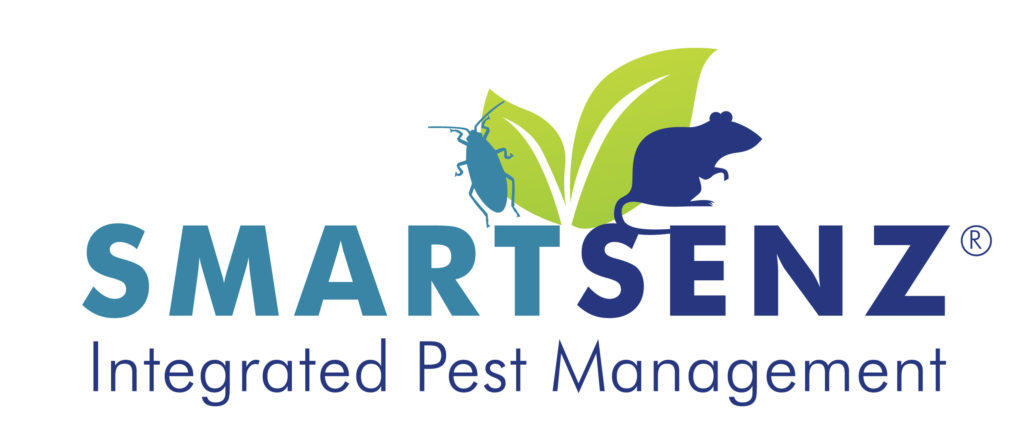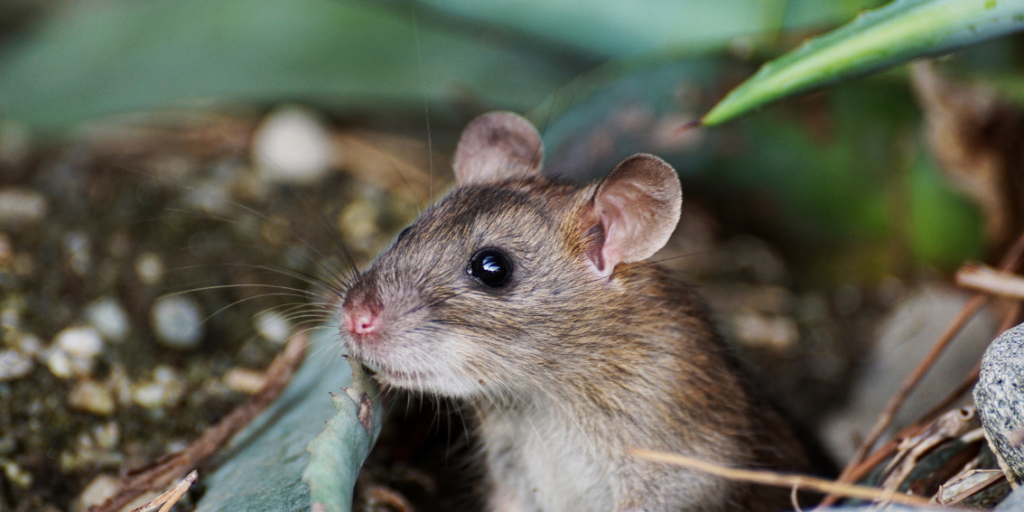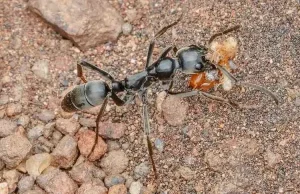Rodents are a common nuisance that can wreak havoc on our homes, gardens, and overall well-being. Traditional pest control methods often use toxic chemicals and inhumane practices to manage the population, which can have detrimental effects on the environment and wildlife.
Thankfully, more eco-conscious approaches exist to manage rodent populations, but also prioritize the well-being of us, the environment and our wildlife. In this article, we will explore these eco-conscious methods: (1) exclusion methods, (2) humane trapping, and (3) prevention techniques to achieve pest-free living while maintaining environmental sustainability.
1.Exclusion Methods
Exclusion methods involve sealing off potential entry points into your home or building to prevent rodents from gaining access. Start by inspecting your property for gaps, cracks, and holes in foundations, walls, and doors. Seal these openings with caulk, wire mesh, or other suitable materials. Additionally, install door sweeps to eliminate gaps under doors. Remember that rodents can squeeze through gaps the size of your thumb! By denying rodents entry into your living space, you can create a long-lasting barrier against intruders.
2. Humane Trapping
Humane trapping is an ethical alternative to glue boards. These devices cause extremely unnecessary suffering towards rodents. Instead, opt for live traps that allow you to catch rodents without harming them. Be sure to check them more than once a day though.
Once captured, release them into suitable natural habitats away from human dwellings. Remember to check local regulations regarding the relocation of wildlife before releasing any captured animals.
3. Prevention Techniques
Prevention is key to minimizing rodent infestations. Keep your surroundings clean and free from potential food sources, water sources and hiding places by properly sealing food, fixing water leaks and cleaning up outside.. Regularly inspect outdoor areas such as gardens, compost bins, and garbage bins, to reduce attractants for rodents. Additionally, trim trees and shrubs away from your home to eliminate potential bridges for rodents to access your property (rodents are great climbers and jumpers!).
When it comes to rodent management, prioritizing eco-conscious solutions is essential for the well-being of both humans and wildlife. By implementing exclusion methods, humane trapping, and prevention techniques, you can achieve a pest-free living environment while maintaining environmental sustainability. Remember, it’s important to respect the balance of nature and coexist harmoniously with the wildlife around us.
By adopting these eco-conscious practices, we not only safeguard our homes from rodent infestations but also contribute to a healthier planet. Together, let’s embrace a more humane and environmentally responsible approach to rodent management for a pest-free future that benefits all living beings.
Click here to get an obligation free quotation





